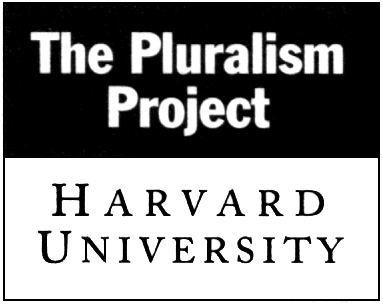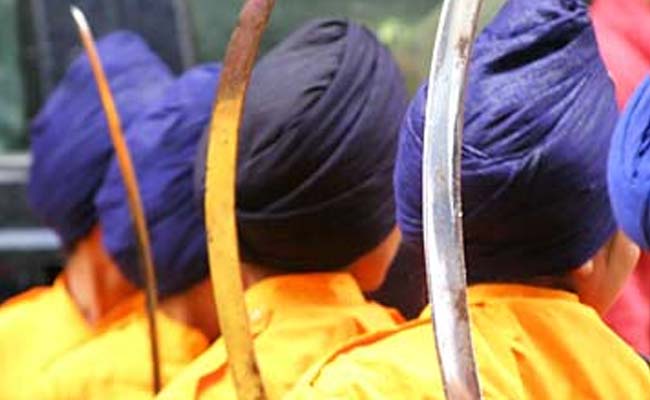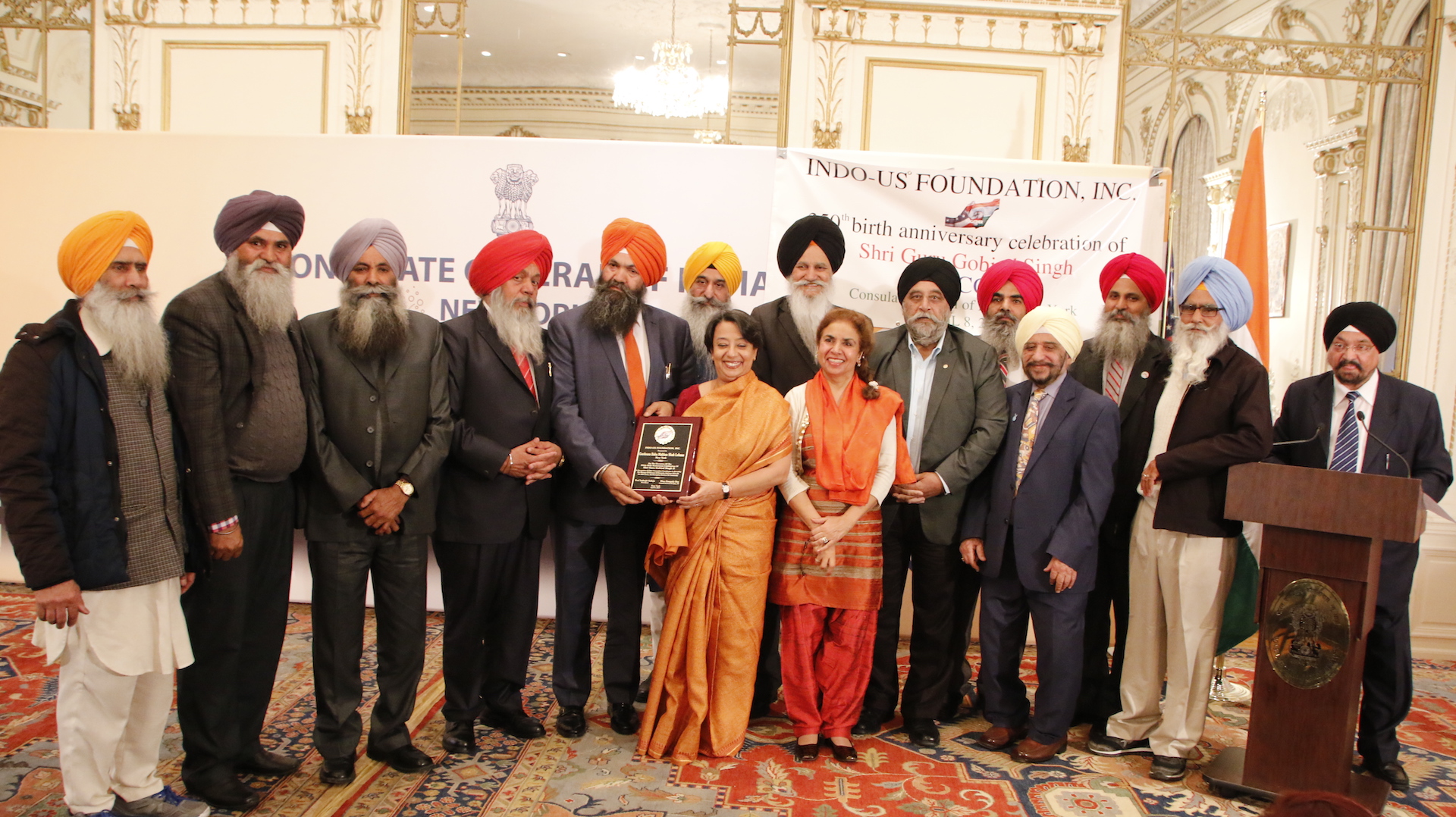
Two organizations dedicated to promoting tolerance and religious understanding through education, research and leadership training will share Hofstra University’s 2016 Guru Nanak Interfaith Prize,said President Stuart Rabinowitz in a press release dated December 11.
The Pluralism Project at Harvard University, created in 1991, was inspired by the increasing religious diversity of the United States, diversity that its founder and director, Dr. Diana Eck, PhD, a professor of religious studies at Harvard, saw in her classes.
Serve2Unite, a Milwaukee-based organization that focuses on youth and community outreach, was forged from tragedy, created by Pardeep Kaleka and the Sikh community after his father and five others were killed in a shooting at a Sikh temple in Oak Creek, Wisconsin in 2012.
“These two organizations use education and dialogue to promote tolerance, compassion and religious understanding. Now more than ever, I can think of no work that is more important,” said President Stuart Rabinowitz. “Their unwavering commitment is a testament to the principles Guru Nanak represents.”
Dean Bernard Firestone of Hofstra College of Liberal Arts & Sciences, said this year’s recipients were chosen to reflect that there is no single approach to promoting interfaith understanding.
“The Pluralism Project and Serve2Unite show that there are many ways to meet the challenge and embrace the opportunity presented by religious diversity,” Firestone said. “The most important thing is that people of different backgrounds communicate – whether it is through scholarly research, grassroots community outreach, leadership training or creative expression.”
The $50,000 Guru Nanak Interfaith Prize is bestowed every two years to recognize significant work to increase interfaith understanding. A formal award presentation is planned for spring 2016. The first Guru Nanak Interfaith Prize was awarded in 2008 to His Holiness the 14th Dalai Lama, Tenzin Gyatso.
“I am humbled and honored to be able to accept this on behalf of The Pluralism Project,” Dr. Eck said. “A prize offered in the name of Guru Nanak is a very special honor indeed. I am also very pleased that we will be sharing the prize with Serve2Unite.”
The Pluralism Project has engaged religious practitioners, students, scholars, interfaith and civic leaders for nearly 25 years around national and international research and education about religious diversity. Its projects include online resources, symposia and trainings, seminars and consultations, producing documentary films, case studies and profiles of interfaith organizations nationwide. Among the groups it has profiled, is co-recipient, Serve2Unite.
Pardeep Kaleka, is an inner-city school teacher and former police officer who launched Serve2Unite after his father, Satwant Singh Kaleka – the president of the Sikh Temple of Wisconsin, was killed in 2012.
In just three years, Serve2Unite has expanded its programming from two Milwaukee schools to 20, with more than 600 active participants in its student leadership chapters. Under the direction of Arts @ Large, an umbrella arts-education organization that annually engages more than 7,000 students, teachers, and their families in the Milwaukee area, Serve2Unite helps young people create communities built on interfaith and intercultural understanding through community service, artistic projects, and guided dialogue, both in person and online.
“We at Serve2Unite are extremely honored and humbled by the award,” Kaleka said. “Serve2Unite was founded upon the same ideology that Guru Nanak established the Sikh Religion upon; equality for all, regardless of caste, class, color, creed, or culture. Our mission is to carry this torch of justice forward in utter defiance of fear, ignorance, and hatred; to cultivate courage, wisdom, love, and human kinship on our earth.”
The Guru Nanak Interfaith Prize was established in 2006 by Ishar Bindra and family and named for the founder of the Sikh religion. It is meant to encourage understanding of various religions and encourage cooperation between faith communities. Guru Nanak believed that all humans are equal, regardless of color, ethnicity, nationality or gender.
In September 2000, the Bindra family endowed the Sardarni Kuljit Kaur Bindra Chair in Sikh Studies at Hofstra University in honor of the family’s matriarch.
Tejinder Bindra, who is also a member of the University’s Board of Trustees, noted when the award was inaugurated that Guru Nanak espoused a message of universal brotherhood at a time of increasing religious intolerance during 15th and 16th century India. “It is in this spirit that the Guru Nanak Prize was initiated,” Bindra said. “If one can experience that universality then there is absolutely no room left for differences in race, color, caste, creed, religion or gender, and then as the Sikh scripture tells us ‘I see no stranger’.”
“The awardees may or may not be Sikh and may represent any of the multitudes of faiths or, for that matter, even no particular faith at all,” he said. It is their dedication that brings humankind to their shared destiny, common purpose and roots that they honor.”





Be the first to comment